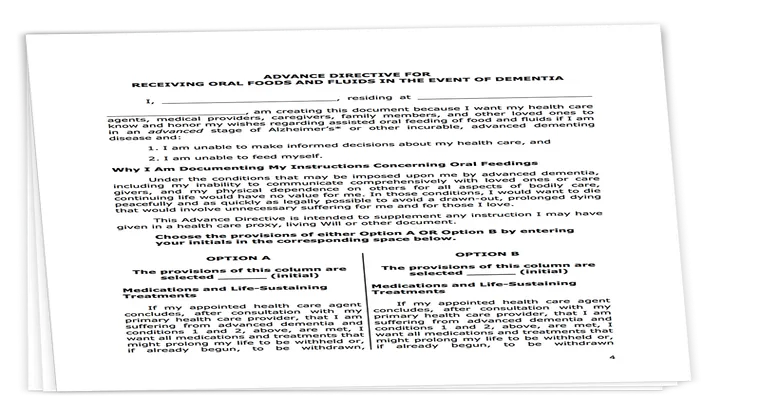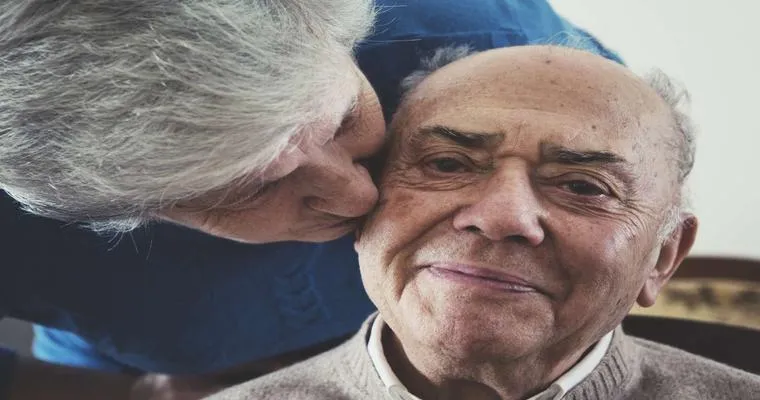"Documenting life with dementia" is an essential practice for both caregivers and families. As cognitive decline progresses, capturing memories and experiences becomes increasingly important. This process not only helps preserve the identity of the person living with dementia but also fosters deeper connections among family members and friends. In this article, we will explore various methods of documenting life with dementia, the benefits of keeping records, and practical tips to make the documentation process meaningful and effective.
Understanding the Importance of Documentation
Living with dementia can often lead to confusion and loss of identity. "Documenting experiences" through various means, such as journaling, photography, or video recordings, can serve as a powerful tool for maintaining a sense of self. It allows individuals to reflect on their past, recognize their achievements, and remember cherished moments. Additionally, documentation can provide caregivers with insights into the individual’s preferences, routines, and behaviors, making it easier to provide personalized care.
Methods for Documenting Life with Dementia
1. "Journaling": Keeping a daily journal can be a therapeutic outlet for both the person living with dementia and their caregivers. Writing down thoughts, feelings, and daily activities can help track changes in cognitive function and emotional well-being. It can also serve as a valuable resource for healthcare professionals.
2. "Photography": Capturing moments through photographs can create a visual narrative of life experiences. Whether it’s taking pictures during family gatherings, vacations, or everyday activities, these images can spark memories and conversations that are meaningful for both the individual and their loved ones.
3. "Video Diaries": Recording video messages can be an engaging way to document life with dementia. Family members can ask questions, share updates, and reminisce about past experiences. Watching these videos later can evoke memories and provide comfort during difficult times.
4. "Memory Boxes": Creating a memory box filled with items that hold significance can serve as a tactile way to reconnect with the past. Including photographs, letters, souvenirs, and other personal mementos can help stimulate memory recall and encourage storytelling.
5. "Digital Apps": There are various apps designed to assist in documenting memories and experiences. These tools can help organize photos, videos, and written reflections in one accessible place, making it easy for families to share and revisit memories.
Benefits of Documenting Life with Dementia
Documenting life with dementia offers numerous benefits. Firstly, it helps preserve the individual’s legacy, allowing future generations to understand their history and experiences. Secondly, it strengthens family bonds by encouraging shared memories and fostering communication. Furthermore, maintaining a record of daily activities can help identify patterns and changes in behavior, which can be crucial for healthcare providers when developing care plans.
Practical Tips for Effective Documentation
"Be Consistent": Consistency is key when it comes to documenting life with dementia. Set aside regular time for journaling, taking photos, or recording videos to create an ongoing narrative.
"Keep it Simple": Choose a method that is easy to maintain and fits into your routine. The goal is to make documentation a natural part of life rather than a chore.
"Encourage Participation": Involve the individual living with dementia in the documentation process. Ask them to share their thoughts, choose photos, or tell stories to enhance their engagement.
"Focus on Positivity": Highlight joyful moments and achievements. Documenting positive experiences can create a sense of accomplishment and boost morale for both the individual and their caregivers.
"Share with Family": Regularly share your documentation with family members. This not only strengthens relationships but also allows everyone to contribute to the individual’s narrative.
Conclusion
Documenting life with dementia is a meaningful way to preserve memories, foster connections, and provide comfort to both individuals and their families. By utilizing various methods such as journaling, photography, and video diaries, you can create a rich tapestry of experiences that honors the individual's journey. Embrace the power of documentation to celebrate life, maintain identity, and navigate the challenges of dementia with love and understanding.





